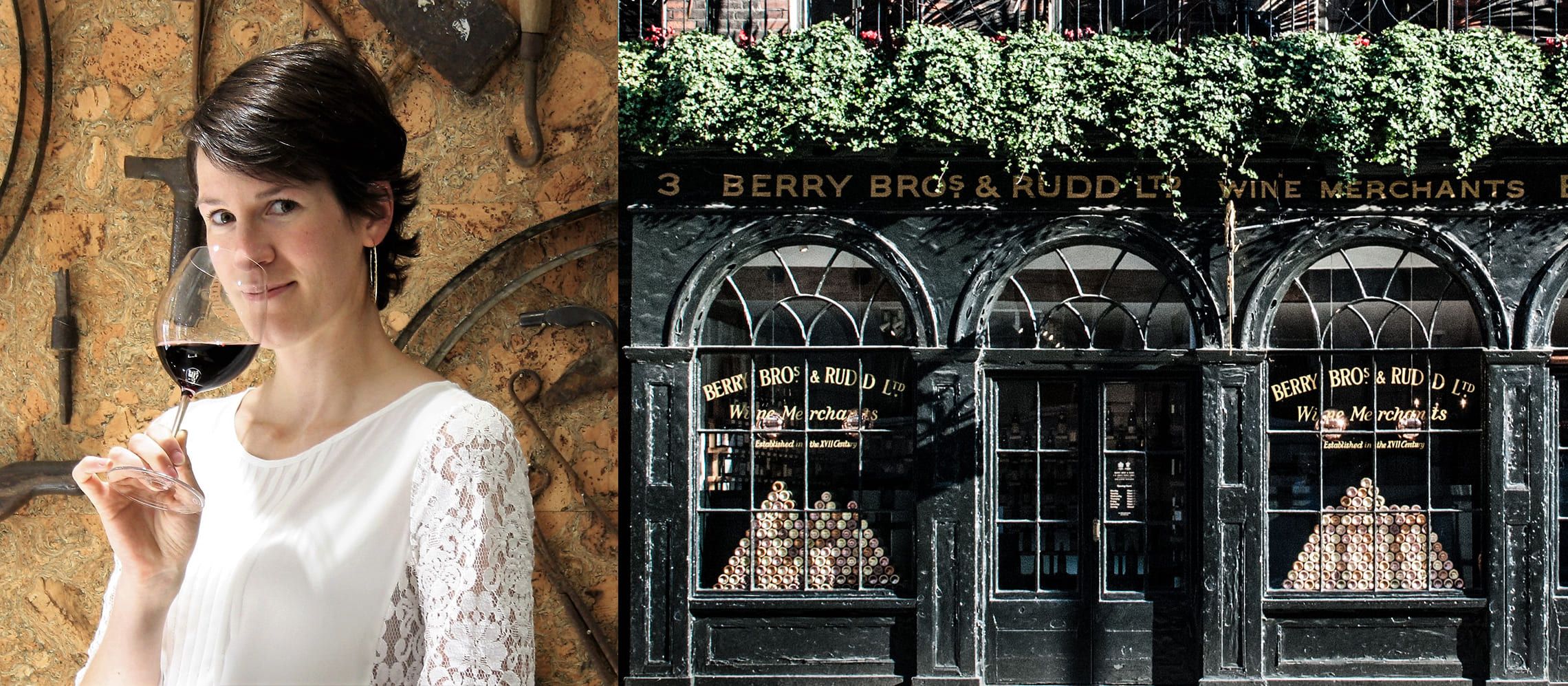Early Bird Deadline
30 November 2025
Judging
Date
23 & 24 March 2026
Winners Announcement
22 April 2026
30 November 2025
23 & 24 March 2026
22 April 2026

Barbara has been associated with Berry Bros & Rudd since 2011. Here, she oversees all private & corporate events and hosts a huge range of dinners, lunches, tastings, and courses on wines, spirits, and sake. Having achieved the Master of Wine in 2018, at the first attempt, Barbara still believes wine to be one of the most rewarding subjects to study; there is always something new and exciting to discover.
Further below is an exclusive interview session with Barbara Drew MW.
Entirely by accident! I read an article about 10 years ago that advised that, by the age of 30, one should know one’s way around a wine list. I realised I knew nothing about wine, and only had a few short years to learn - I took a wine course and was instantly hooked. Pretty soon I had quit my job to move into the wine industry.
Curiosity: A constant desire to explore and learn more. This links to
Questioning: Always being able to ask “Why?” and delve a little deeper. Sometimes we need to really question assertions or claims, and see whether they stand up.
Objectivity: Personal preferences are key in wine tasting, but so is objectivity. Being able to understand the purpose of wine, and appreciate that it is well made, whether it is to your taste or not, is vital.
KNOW MORE ABOUT BARBARA DREW MW
Education. It is no longer enough for consumers to be told what they should drink. They want to understand for themselves, and develop their knowledge – be that with formal qualifications, or informal courses focussing on particular regions.
As one of the younger MWs, I have a shorter perspective here – however, I would say that over time the MW has become a broader qualification, covering more regions and more aspects of the industry.
A wine that achieves what it sets out to do. A wine that is good value – whatever the price point. A wine that excites me – either with its flavours or by being from a new region or grape; or simply a wine that makes me think about grapes in a new way.
Persuading consumers to trust their instincts and their palates. I find there is an overriding sense in wine that consumers need to be told which wines they should drink. By all means, the trade should guide and educate, but we also need to build consumer confidence. Convincing consumers that their own preferences are the most important factor when choosing a wine is surprisingly tricky.
There’s certainly more interest in a more varied range of grapes and styles, in lighter reds that can be served slightly chilled, and aromatic white wines.
Perhaps I’m biased as I love Italian wines, but I think Barolo is gaining more traction and will continue to do so in the coming years. In particular, there will be more of a focus on villages and vineyards over the traditional blended styles.
In terms of grapes, those which can keep their acidity in warmer climates – Picpoul and Albarino to name a couple.
2017 Lorchhäuser Seligmacher Riesling by Eva Fricke.
Make your wines stand out on the world stage. Enter the London Wine Competition by November 30 to secure Early Bird savings.